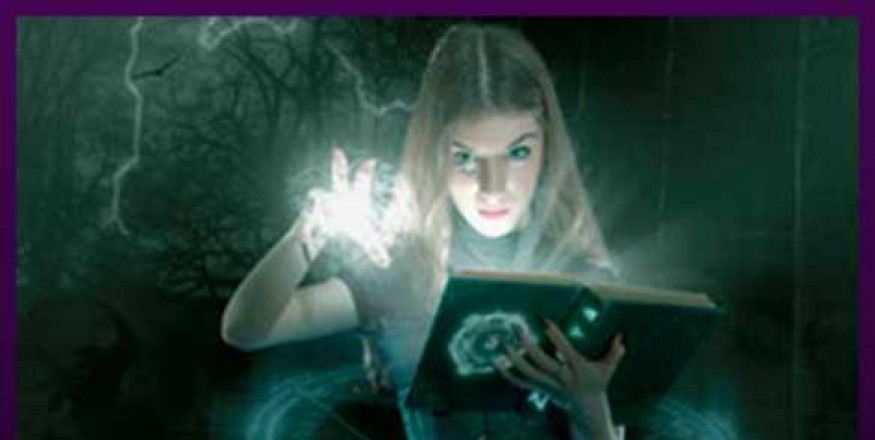Magic has existed since the world was created. The Elves say it radiates from under the ground upward, and those who know how can mould it any way they wish to make fantastical things happen. This spellcasting comes at the cost of years of your life, however, as you are required to use your own life energy to isolate and manipulate the spell. The Elves, immortal beings from the Northern Wastes who have spent centuries using this magic to survive the harsh conditions, have adapted to be able to use this Earthen Magic flawlessly. Their longevity and magical talents allowed them to bypass the negative side effects.
When the Elves first met the Humans, they believed that too many other races using the magic would weaken it for themselves. Given their reliance on magic for every aspect of their survival in the Northern Wastes, the Elves refused to teach the humans the proper way to harness magical energy. A group of six humans, however, studied magic diligently and attempted to replicate Elven spellcasting. They became the Magi, the first human wizards. Unfortunately, they found they had little control over which spell they summoned forth, and the cost of using magic took it's toll very quickly, leading to their untimely demise. Future generations continued their work until nearly any human could use magic if they had the dedication and fearlessness, but the range of spells they would be able to use were severely limited. Most human wizards only gain a few number of spells (1-3 on average), but they can gain more through rigorous training.
These spells are divided into three groups, based on the way they affect the intended target: Stealth, Conjuring, and Illusion. Each of the wizards spells will fall into the same category (with the exception of Illusion spells, see below). Stealth spells are the most common type and consist of spells ideal for tactical advantages, such as communication, farseeing, phasing, teleportation and telekinesis. "Conjuring" spells are the rarest and consist of creating something from nothing, including summoning, recall (that is, recalling items from pocket dimensions), and planewalking.
Illusion spells are spells that directly affect other people, such as blind, pain, silence, and soul magic. These spells have a longer casting time compared to other category spells. A wizard is unlikely to have more than one Illusion spell, although they may have spells from the Stealth or Conjuring categories as well.
Soul magic is a very specific spell where the life energy used in the casting of a spell comes from an outside source, not from the spellcaster themselves. In order to do this, the caster must have the victim's name and a connected object, which can be as simple as a strand of their hair or a favourite toy. The connected object is destroyed in the ensuing spell, which takes place prior to casting the intended spell. For example, a wizard wants to cast telekinesis using soul magic. They must first gather the full birth name and connected object for the person who's life energy they want to use. With these items, they cast soul magic onto the connected item using the person's full name as part of the spell. The victim's life energy will be drained into the wizard, allowing the wizard to then cast telekinesis using this life energy instead of his own. This life energy has a short expiry and must be used quickly. The victim must also be within a certain distance (usually in the same town) for this sequence of magical events to work. Because soul magic can be extremely damaging to innocent people, the use of this magic is banned under penalty of death.
As well as taking years off your life, magic can be extremely tiring to use. The amount of energy the spell takes varies between spells, with rarer spells (such as summoning) only being able to be cast once a day for even the most accomplished of wizards. Wizards can train themselves to be able to cast less intensive spells, such as communication, without tiring, but it takes diligence and careful study.
ns 15.158.61.13da2





















